I wasn’t sure if I was going to write a column on faith today. Often, when I do, I’m inspired by a lesson from church, and today, the pastor was wrapping up a series on Revelation. I touched on it previously, but that’s a book that typically elicits a recoil response from me. It’s always struck me as wild and ominous and a bit overwhelming.
Certainly, I’m acquainted with the Bible — have read it cover-to-cover several times and in bits and pieces throughout my life. But I’m no theologian, so I tend to shy away from trying to write from that standpoint. Today’s service was moving and meaningful, as usual, and I appreciated the pastor’s approach to tackling a difficult topic filled with extraordinary imagery and uncomfortable themes. A thorny topic was in capable hands, and I invite you to watch the service, linked below.
Walking through the service isn’t the point of what I’m about to say. It was a moment — two quotes — near the end of the sermon that really caught my attention and sparked the urge to write this. We have reached the end — our moment of reckoning — the book of our life is being read and reviewed, and we are being called to account. What will this moment mean for us?
Citing C.S. Lewis, the pastor noted:
There are two kinds of people — those who say ‘Thy will be done’ to God or those to whom God in the end says, ‘Thy will be done.’
A pointed reminder that the choice remains with us: Do we accept God’s grace and recognize that it is through Him — and Him alone — that we are saved and welcomed into His kingdom? Or do we insist that we know better, either outright rejecting His offer, or gambling that we can make a counter-offer, one which accepts some of the terms, but not all of them?
What is it that prompts us to believe that in the final accounting, excuses and justifications will offset transgressions? That God will be okay with this “one little slip-up” here if we mostly meant well, or this outright disobedience there if we filled the rest of our life with good deeds? Pure hubris? Perhaps. Though my instincts tell me it’s also tied into a deep-seated aversion to being accountable — a multi-multi-generational thread that harkens all the way back to Adam pointing at Eve and Eve pointing at the serpent.
Interesting, isn’t it, that we so readily embrace “The Devil made me do it” as a rationalization — seeking absolution based on our purported powerlessness over evil — yet shy away from the most essential revelation of all: That God’s grace overcomes it all — if we choose to accept it.
What ultimately holds us back from that? Those juicy temptations dangled before us? Or a fundamental misunderstanding of what it means to accept God’s terms?
In the sermon today, the pastor also cited author and pastor Joshua Ryan Butler:
Jesus’ question is not, ‘Are you good enough to get into my kingdom?’ His question is: ‘Will you let me heal you?’
Do we allow ourselves to be fooled (or fool ourselves) into believing that it’s up to us to be good enough — to say enough prayers, do enough good deeds — to earn our way into Heaven? And in doing so, tacitly accept defeat because we know, deep down, we can never truly do or say enough?
If we do, we’re looking at it upside down and/or backward. Because that isn’t it at all. It isn’t up to us to heal ourselves.
Instead, it is up to us to turn toward the Great Physician and sign the informed consent: I accept you as my Lord and Savior. I know that it is through You and You alone that I will be welcomed into the Kingdom of Heaven. My task — my responsibility — is to see that my words and deeds this side of it reflect that.
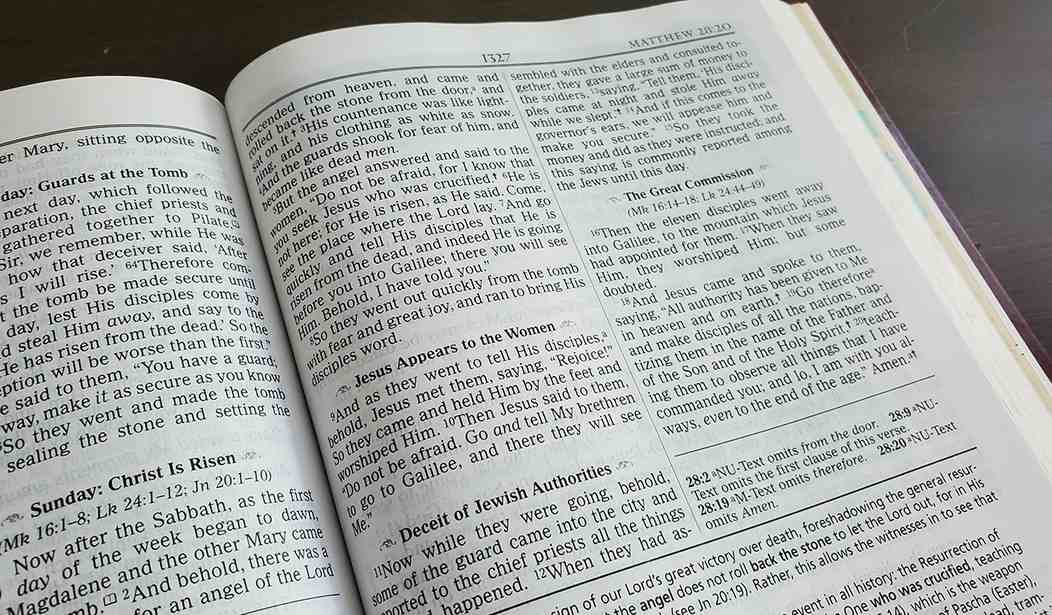






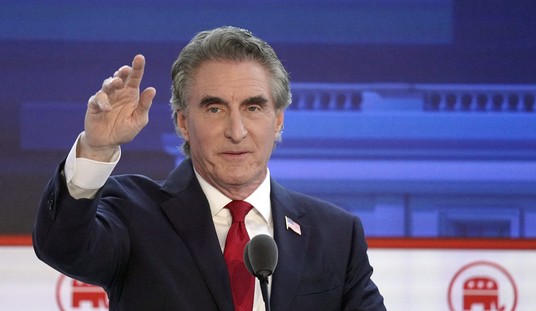
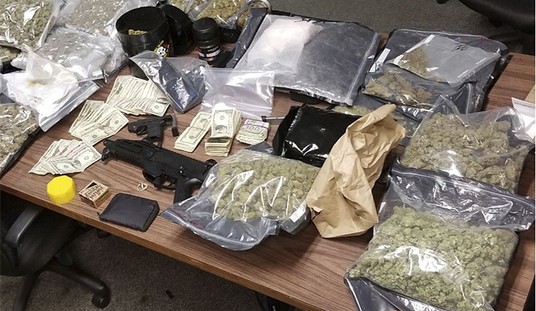


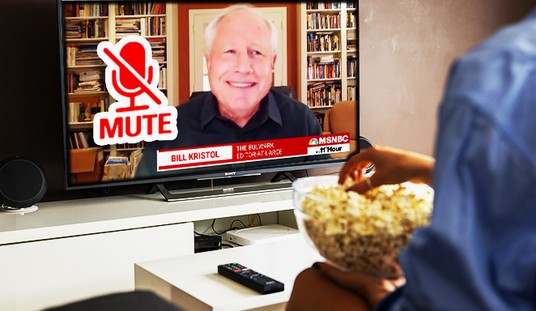
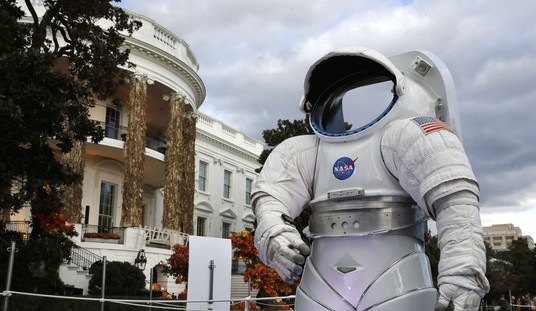

Join the conversation as a VIP Member